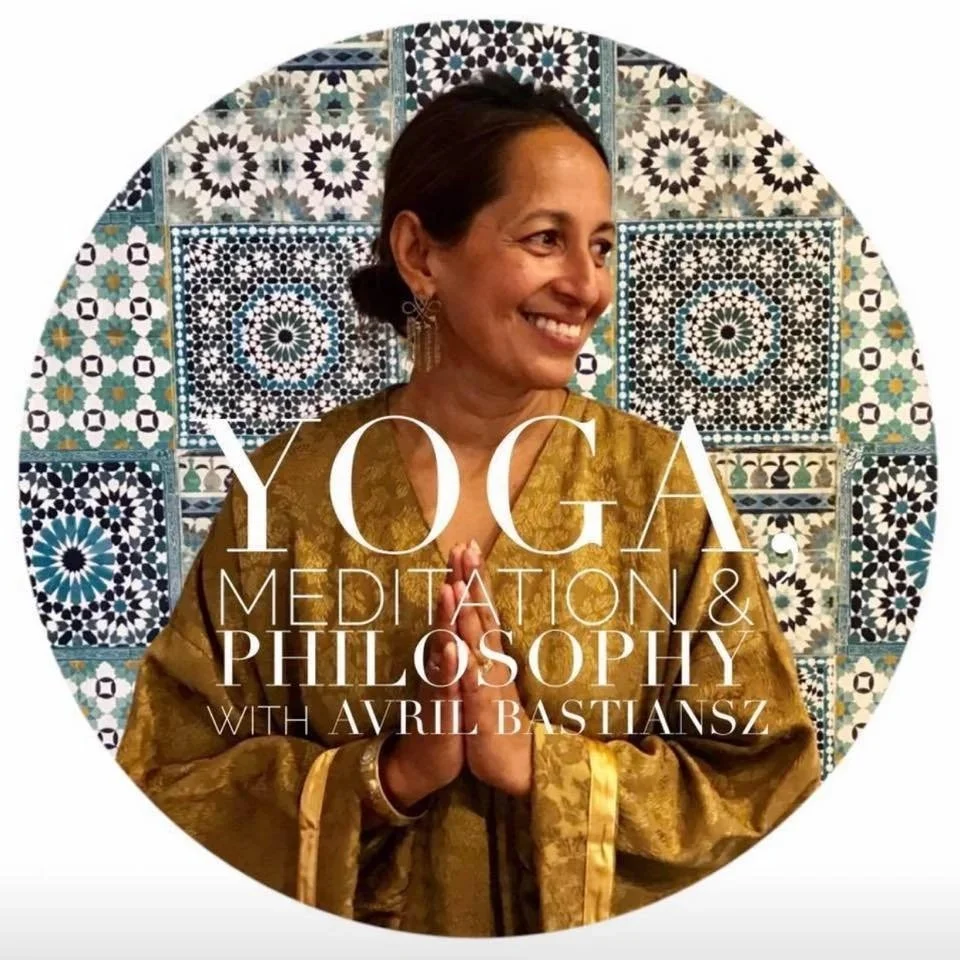Anxiety has become one of the most common struggles of our time. For many, it is not just an occasional experience but a constant companion that seems to shape identity itself: “I am anxious.” When we adopt this identification, we can begin to lose sight of who we truly are beyond the fluctuations of body and mind.
The question then becomes: how do we shift from living as anxiety, to living with awareness of anxiety? How do we reclaim a steadier, more grounded sense of self?
Why This Work Matters
This is the central inquiry that led me to create My Name is Not Anxious. Over years of working in yoga, meditation, counselling, and psychotherapy, I noticed that while psychology provides invaluable insights into the nervous system, through frameworks like the window of tolerance and polyvagal theory, it often stops short of guiding us toward a deeper identity beyond symptoms and states.
Yoga, on the other hand, offers both philosophy and practice to reconnect us with that deeper Self. The teachings of the koshas remind us that we are more than body and mind; the gunas reveal how the qualities of the mind shift our experience; pranayama and meditation provide practical techniques to regulate and restore balance. In combining these worlds, we arrive at something powerful: practical wisdom.
This course is also deeply personal. It draws inspiration from my own experiences of anxiety, my journey raising my two daughters, and the many trainings, teachings, and studies that have shaped my path. I also want to acknowledge the work of Stephanie Dowrick, whose book Your Name Is Not Anxious was a source of inspiration. From that title, I shaped My Name Is Not Anxious, weaving together both my professional and lived experience into this offering.
From Management to Transformation
Psychology often speaks of managing anxiety. Yoga invites us to transform our relationship with it. This transformation happens not only through understanding but through lived experience. By practicing breathwork, movement, and meditation, we train the nervous system to return to steadiness. By reflecting and observing, we begin to recognize that the anxious thoughts and sensations are not who we are.
Yoga takes us further: it enables us to become the witness, to experience ourselves beyond our actions and thoughts. In this witnessing, we begin to rest in our true state of being. This is the clincher: when we can establish ourselves in that state of being, transformation unfolds. We are then able to see experiences for what they are, without mistaking them for who we are.
Another important element is practice itself. Just as the brain can be trained like a muscle, we can create new patterns, a kind of muscle memory, through repetition. Each time we return to breath, movement, or meditation, we are refining, integrating, and embodying these states. Over time, this builds the capacity to respond rather than react to the day-to-day triggers that so often overtake our sense of self. This strengthening helps us manage and navigate anxiety with greater steadiness, while also allowing us to see the bigger picture, to rest in the expansive awareness of who we truly are.
This journey is about reclaiming identity, remembering that while anxiety may move through us, it does not define us.
Practical Wisdom and the Self
The heart of this work lies in cultivating self-awareness. In Western psychology, self-awareness refers to observing patterns of thought and behaviour. In yoga, Self-awareness extends further: it is the remembrance of our unchanging essence. When we touch this space, anxiety loosens its grip because we no longer confuse the passing storm with the sky itself.
In this way, yoga does more than provide coping strategies. It helps us establish a stable ground of being, a place from which clarity, calm, and belonging naturally emerge.
An Invitation
My Name is Not Anxious is my offering to those who are ready to step into this journey. It is a course built not only on knowledge but on practices that integrate body, mind, and Self. Its purpose is to provide tools and insights that are both practical and transformative, to help you understand, regulate, and ultimately reshape your relationship with anxiety.
Through this process, we begin to remember: we are not our thoughts, our sensations, or our stories. We are awareness itself. And from that place of steadiness, a new way of living becomes possible.
